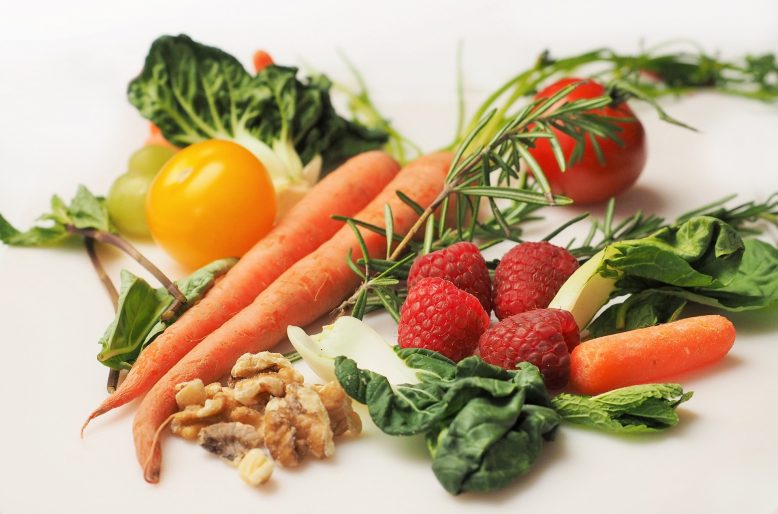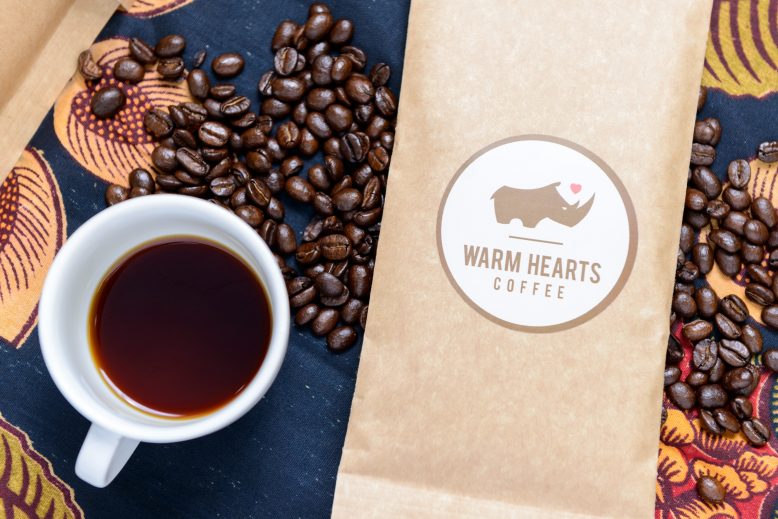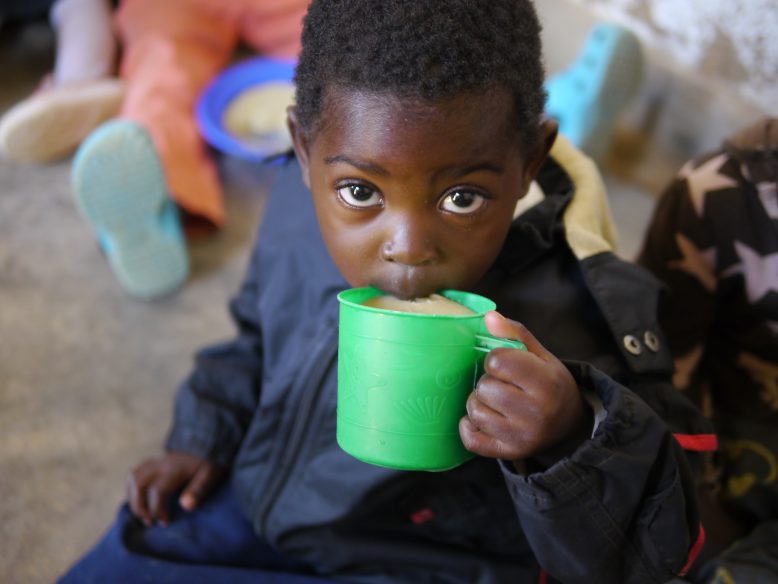
In Japan, around 6.5 million tons per year are wasted even before eaten. Food loss is a bit different from food waste – it refers to any food that is lost in the supply chain between the producer and the market. In other words, they are lost even before reaching to customers.
Food loss does not only represent the wastage of food – but it also represents the waste of resources, such as land, water and gas. Land and soil that is used to grow crops are wasted, water and energy that is used to produce food are wasted and gas that is used to transport the food is wasted as well (Food and Agriculture Organisation). The cause of food loss problem can be various – pre-harvest problems or problems in harvesting or storage.
In Japan, the cause for this food loss is often blamed for the ‘one-third rule’. The period between the production date and the sell-by date is divided into three shorter periods. During the first period, food companies or wholesalers deliver products to retailers, and during the second period, the retailers sell the products. If retailers have remaining stocks after the second period, they return the products to the companies or wholesalers – they usually discard the products or sell them as a bargain. Furthermore, when the first period is over and if the food companies or wholesalers have remaining stocks that are not delivered to retailers, they throw away the products (The Japan Times).
Reducing food loss is vital for relieving famine around the world and reaching the world’s Sustainable Development Goals. This food loss situation has created a contrast between developed and developing countries – while there is a shortage of edible food in developing countries, developed countries are disposing of edible food, only because it hasn’t been delivered to the retailers during the first period.
Tabeloop has started its business to target this problem. They are selling food that is edible but will be wasted by the wholesalers or retailers, at a really cheap price. Their business is saving the planet while saving our money at the same time!

As they share the common interests with Seibo Japan, they are featuring our Warm Hearts Coffee on their website as well. Please check out the products they have and purchase our coffee or tea to help Malawian children have free, hot meals in their schools.
https://tabeloop.me/products/list
This article was written by Jioh and Lena, Seibo Japan’s interns from South Korea and Texas.



